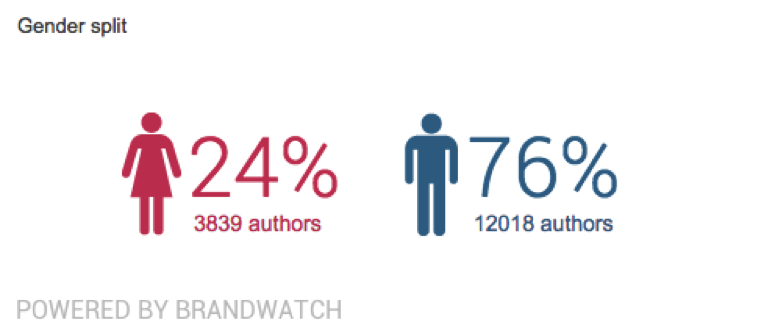Civil liberties, and the threat of their slow erosion, rightly captures the passions of thousands of people.
Digital revolutions have strengthened our liberties for the most part. Even if a government tries to silence conversation, it probably won’t succeed. Any attempt to quell the press is in vain when any average Joe with an iPhone is a reporter.
And yet, the tech giants helping defy overly-controlling governments gradually look more like shadowy, omniscient government departments themselves. Uber. Microsoft. Facebook. Everyone’s under fire for delving just a little too deep into our personal lives.
Watching you watching me
Samsung has caused the latest controversy with its newest suite of voice controlled televisions. Like the Microsoft Kinect, Samsung’s voice activated sets are always listening, ready to hear what you want to watch next.
People are worried that’s not all they’re listening to.
Samsung, in their own terms and conditions, warn people that ‘personal or other sensitive information’ spoken in the vicinity of the TV may be ‘captured and transmitted to a third party’.
Someone noticed it looks remarkably similar to Winston’s telescreen in the dystopian Orwell novel 1984.
Left: Samsung SmartTV privacy policy, warning users not to discuss personal info in front of their TV Right: 1984 pic.twitter.com/osywjYKV3W
— Parker Higgins (@xor) February 8, 2015
Gaining over 19,000 retweets, this observation has had a gargantuan impact, dominating the conversation around Samsung over the past week.
We tracked the mentions of Samsung’s privacy policy, finding 30,000 total mentions.
64% of the conversation made reference to ‘1984’ or ‘Big Brother’.
66% of mentions interpreted the policy as ‘warning users”’ not to discuss personal info in front of their TVs
A fuss over nothing?
Privacy intrusions – consenting and non-consenting – aren’t big news to us anymore. We already know it happens, and most of us are okay with it.
In a quick poll, 70% of the people I reached out to would be happy to have Samsung’s omniscient TV in their living room.
More women were okay with the idea than men. Maybe men have more to hide – they were also the loudest in the conversation on Twitter, by a significant margin.
It’s a question of compromise and of costs and benefits.
Much like some people are willing to give up their privacy in the hope it’ll stop terrorists, technophiles give up their privacy because it’ll make their Uber arrive quicker, and take them to that pizza joint they told Dave about last week.
Samsung’s unfortunate wording made it a focal point for a privacy violation almost every tech company is already guilty of. Facebook are constantly re-wording their privacy terms to avoid confusion.
Facebook take a lot more information that Samsungs occasional voice tracking. The difference is, Facebook tell us where it’s going – to make them money through advertising. Samsung’s faceless ‘third party’ is likely to be the software they use to analyse voice but, without naming it, it sounds far more suspicious than it actually is.
Bets should be taken on which company will fall foul of general privacy standards next. Will Nintendo introduce announce plans to capture the blood type their gamers? Will a fresh new startup track every car journey we make in this city to silence reporters? Ah, wait.


